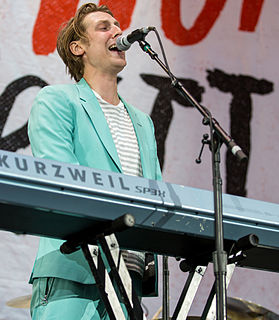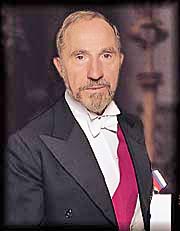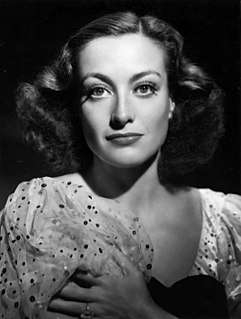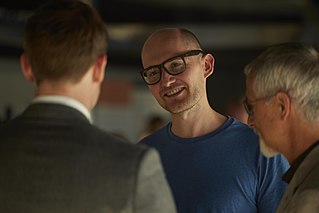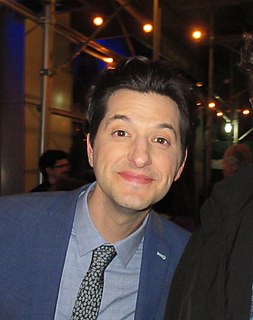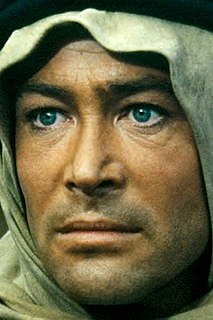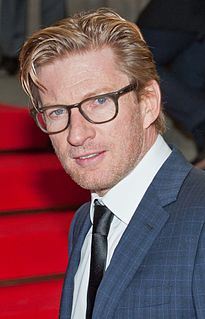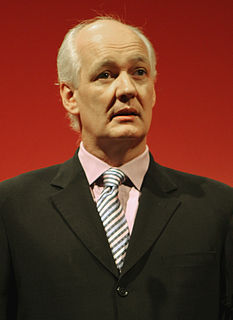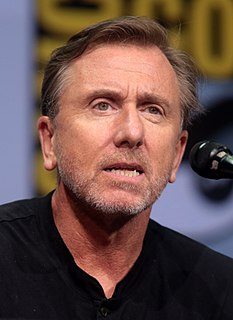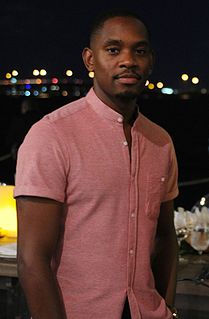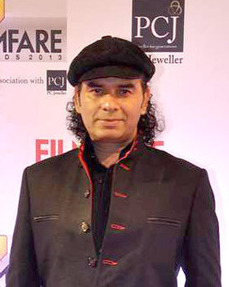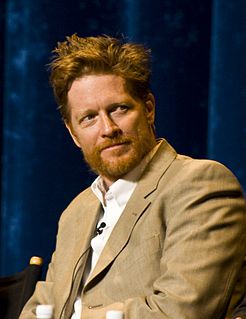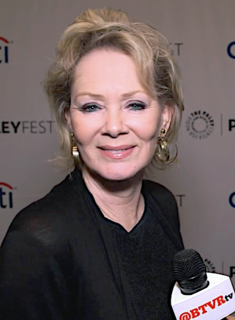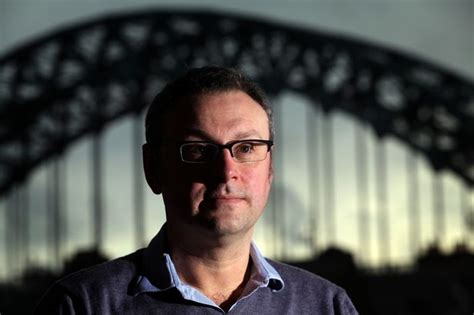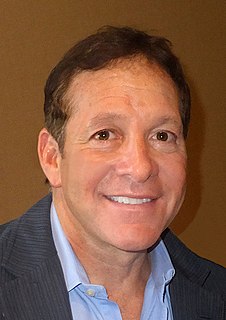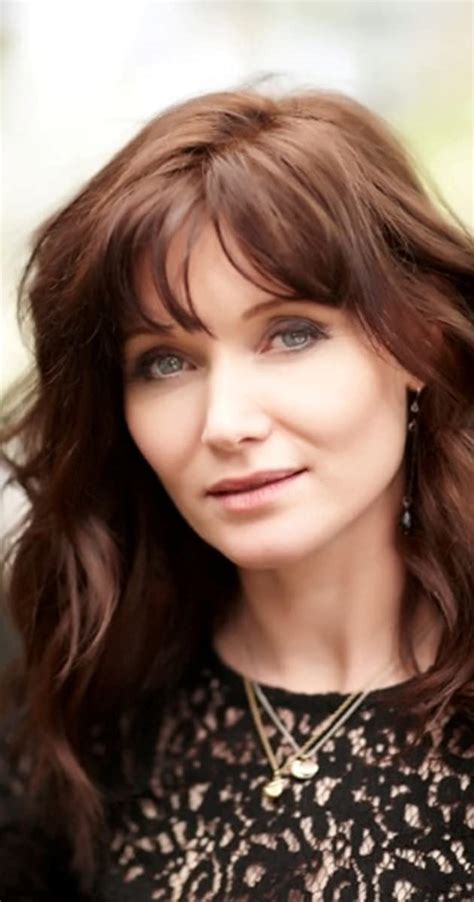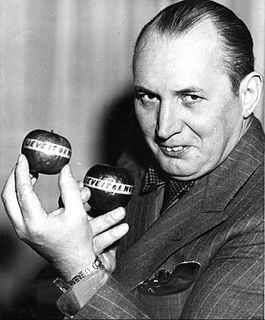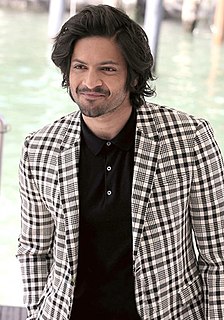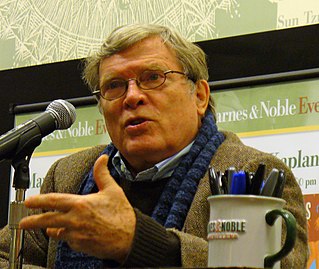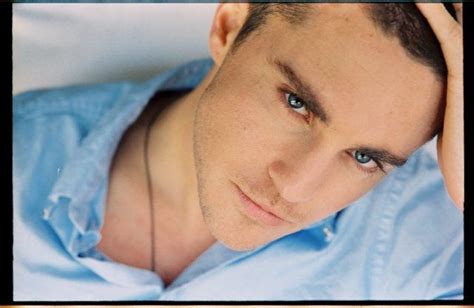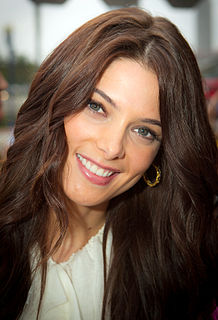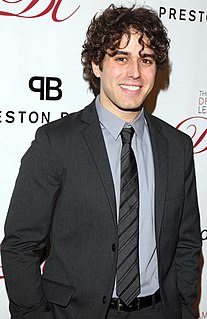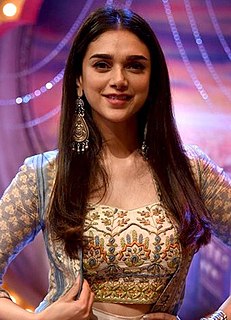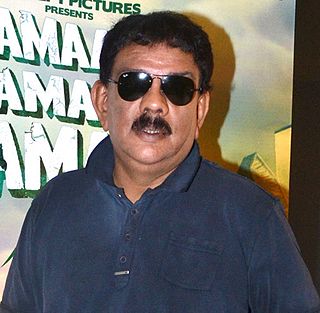Top 1200 Stage Actors Quotes & Sayings - Page 12
Explore popular Stage Actors quotes.
Last updated on November 15, 2024.
I grew up doing plays - I went to a stage school after school - and it's always something that I've wanted to do, but, in a weird way, if you do television and film and you didn't go to drama school and don't have a theatrical background, it's hard to get your foot in the door. In the same way that it is for theater actors to get into television and film. There's a weird prejudice that goes both ways.
To this day, to this very day, except for television, I've never had a writer. Anything I've ever done on the stage, happened on the stage and I developed it from there. It started doing impressions and jokes - which I did very poorly. To this day I can't tell a joke. That sounds nuts, but it's true. I exaggerate it and it becomes a joke. Everything I've ever done I've done out on the stage and it became a performance over many many years.
Actors are so fortunate. They can choose whether they will appear in tragedy or in comedy, whether they will suffer or make merry, laugh or shed tears. But in real life it is different. Most men and women are forced to perform parts for which they have no qualifications. Our Guildensterns play Hamlet for us, and our Hamlets have to jest like Prince Hal. The world is a stage, but the play is badly cast.
When I'm on stage, it's a little world I've created where I'm sort of the thing, so I have total control over everything that happens. When we're improvising, I'm with someone I totally trust. I know things are going to work out. I don't have those guarantees in life. There are no consequences on stage.
Television is a completely different industry now. It's just extraordinary. It's so wonderful, because there's more interesting product. It attracts the best writers and directors. And one thing that's really interesting about it is that it used to be, if you were on a big network show, like it or not, you were a household face and name. And believe it or not, not all actors like that. That's not their goal. They just like being actors. And there are so many actors that are on hit shows that I have never seen, I've never heard.
I think the unemployment rate for actors is pretty much the same in Sydney, London and New York. In all three cities, there are more actors than there are jobs. But I do think that there are far more acting opportunities in London and New York than in Sydney, where there are approximately seven actors that you see over and over again in every play.


